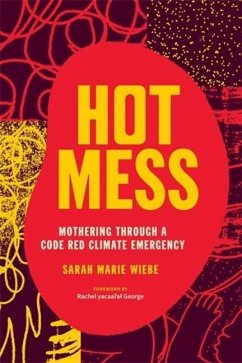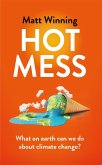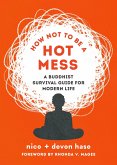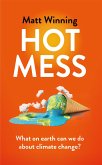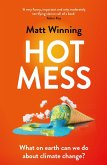No longer is the climate emergency purely an external threat to our wellbeing: this profoundly political circumstance is deeply personal. The summer after giving birth, Sarah Marie Wiebe and her baby endured the 2021 heat dome in British Columbia, with temperatures over 20 degrees above normal, creating all-time heat records across the province.
Hinweis: Dieser Artikel kann nur an eine deutsche Lieferadresse ausgeliefert werden.
Hinweis: Dieser Artikel kann nur an eine deutsche Lieferadresse ausgeliefert werden.

